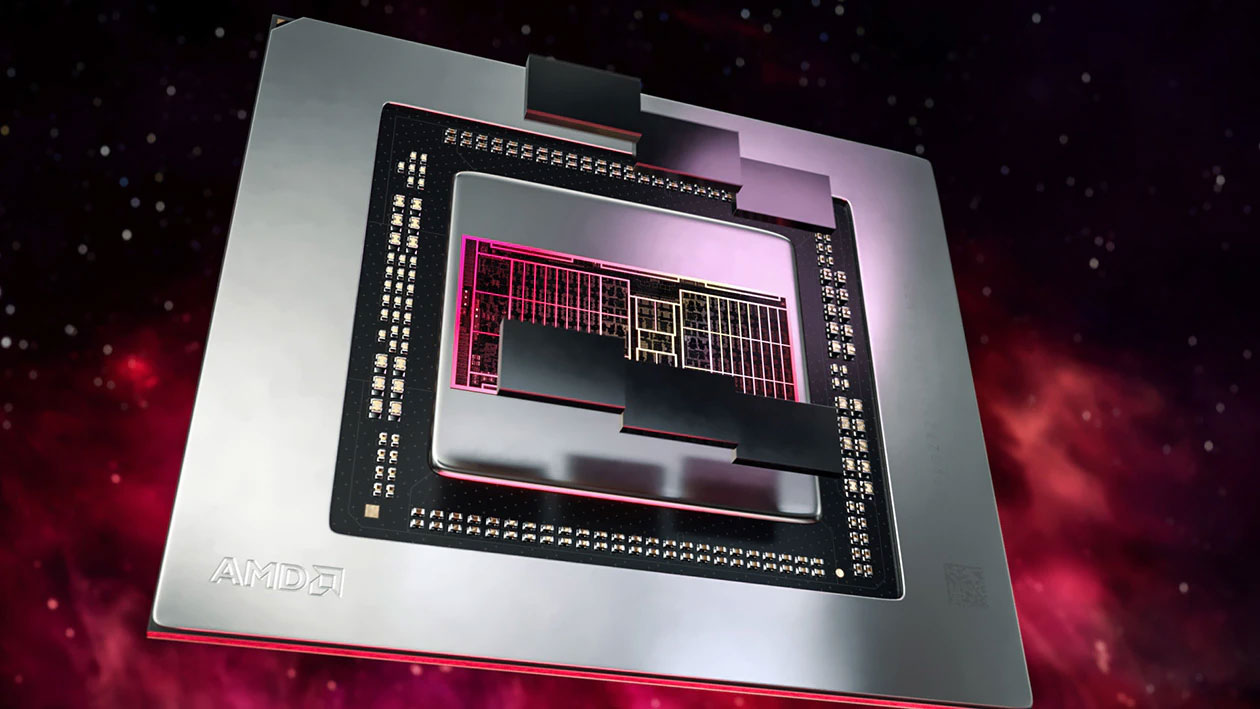
Just like other large chip designers, AMD has already started to use artificial intelligence for designing chips. In fact, Lisa Su, chief executive of AMD, believes that eventually AI-enabled tools will dominate chip design as the complexity of modern processors is increasing exponentially.
Su, believes that AI will dominate certain areas of chip design, she said at the 2023 World Artificial Intelligence Conference (WAIC) held in Shanghai. She also emphasized the need for interdisciplinary collaboration to enable better hardware design in the future, reports DigiTimes.
Previously both Jensen Huang, chief executive of Nvidia, and Mark Papermaster, chief technology officer of AMD, noted that chip development is an ideal application for AI. AMD is already utilizing AI in semiconductor design, testing, and verification. The company also has the intention to leverage generative AI more broadly in future chip design applications.
At AMD, AI is already in chip design, particularly in the 'place and route' stage, where sub-blocks of chip designs are positioned and optimized for better performance and lower energy consumption, Papermaster told Tom's Hardware in May. AI's ability to continuously iterate and learn from patterns greatly accelerates the process of achieving an optimized layout, thereby increasing performance and energy efficiency. Papermaster said that AI will even expand into more important aspects of chip design, like microarchitecture designs, particularly after certain hurdles are overcome to protect IP.
AI is also already employed in verification suites to reduce the time needed to detect bugs during the chip's development process, from conception to the verification and validation phases. Furthermore, AI assists in generating test patterns. With billions of transistors in a chip design, ensuring comprehensive test coverage is essential to guarantee that the product is flawless upon leaving the manufacturing floor. AI's ability to learn from each successive run, identify gaps in test coverage, and adjust the testing focus accordingly, significantly speeds up the process and enhances test coverage.
Artificial intelligence (AI) is increasingly playing a pivotal role in supporting and assisting chip designs. All three leading makers of electronic design automation (EDA) tools — Ansys, Cadence, and Synopsys — offer AI-enabled software to their clients, although Synopsys seems to be a bit ahead of its competitors when it comes to AI-enabled tools.
Earlier this year Synopsys launched Synopsys.ai, the first end-to-end AI-driven EDA solution. This enables developers to use AI throughout all stages of chip development, from architecture to design and manufacturing.





